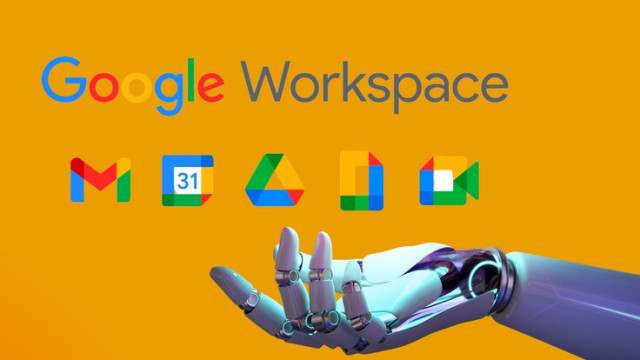Google has revealed plans to integrate Artificial Intelligence into its suite of products, including Gmail, Photos and others at its annual Google I/O developer conference.
The global tech company made the revelation on the heels of OpenAI's impressive ChatGPT upgrade, adding that it is committed to expanding beyond advertising with AI-powered tools and devices.
"Artificial intelligence was so top of mind during the event, Google CEO Sundar Pichai said at the end of the presentation the term 'AI' was said 120 times – as counted by none other than its AI platform Gemini," the company stated.
During the keynote, Google demonstrated how its AI products will become more integrated into users' lives, enhancing information sharing, communication, organization, shopping, and Android device usage.
Pichai highlighted new features powered by Gemini 1.5 Pro, including "Ask Photos," enabling deeper photo searches, and the ability to summarize emails with key points and action items.
Google executives showcased other capabilities, like transforming textbooks into interactive AI lectures with lifelike teachers.
Google's "multimodal" Gemini model, capable of processing text, voice, and images, was a direct response to OpenAI's GPT-4o. Additionally, a virtual "teammate" feature was demonstrated to assist with tasks and data management.
The company also unveiled search improvements, allowing for more natural and focused questions, diverse response options, targeted suggestions, and even gadget troubleshooting through Google Lens videos.
A brief glimpse into Project Astra, developed by Google's DeepMind AI lab, revealed the potential for AI assistants to interpret real-world information through phone cameras, potentially identifying objects and locating lost items.
Google announced upcoming AI integrations for phones, including drag-and-drop AI-generated images in messaging apps and AI interactions with YouTube videos and PDFs on Android devices. A new Android tool will also aim to detect suspicious activity during calls.
Analyst Jacob Bourne of Emarketer noted, "By showcasing its latest models and how they'll power existing products with strong consumer reach, Google is demonstrating how it can effectively differentiate itself from rivals."
As Google expands its AI footprint, it will introduce more protections against misuse, such as the expanded SynthID feature to detect AI-generated content.
Despite past challenges, Google remains committed to advancing AI responsibly and ethically, collaborating with experts to test and improve its models.
This showcase of AI advancements by both OpenAI and Google signals a growing arms race in the AI field, with both companies vying to seamlessly integrate AI into everyday life.




















